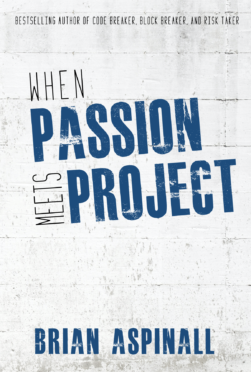I haven’t removed a student from class in years. Partially due to the nature of our learning spaces (we don’t often work in a traditional class setting) and partially due to my own reflections. I must admit when I did send students out in the past, it was only because that happened when I went to school. It was also a “classroom management” strategy I was taught in Teacher’s College. Oh boy….
Here is what I think now.
1) If a student is misbehaving – is he/she engaged? I realize we can’t always be engaged and that we must still behave accordingly, but consider the lesson or task you are doing. Are you conducting a “sit and get” lecture?
2) You might as well shame the student publicly. Removing him / her from class is destructive to your rapport and will not make anything better in the future.
3) Sending a student out makes them miss a learning opportunity. Redirecting student behaviour is an opportunity for a teachable moment and you model it for the group.
4) You just wasted 30 minutes and must reteach anything the student missed.
5) Punishment doesn’t work and changes nothing for future lessons.
Let’s be honest. As educators, we are the first to misbehave during disengaging staff meetings and PD sessions. We text, make noises, share funny stories and are completely off task.
Why should your students do anything differently?
 For all the kids who grow up in a small town and think they don’t stand a chance. You do. I was once that kid.
For all the kids who grow up in a small town and think they don’t stand a chance. You do. I was once that kid.
Are you saying it’s ok that teachers do those things? I say it’s bad manners and those who do them (students and adults alike) need to be much more respectful. Discreet, at the very least! I’ve always thought that the line between good pedagogy and what is held up as an adult learning theory (my autocorrect won’t let me type the word!) is a thin, arbitrary and artificial one.
While I understand your question as it relates to the end of the post and I agree we should all be more respectful, I think the point is that we teach children and young adults. I wholeheartedly agree about not sending students out of class because I don’t think we can find solutions or build relationships if we stop trying. Compliance does not equal trust or respect – two things that are necessary if we want to see changes.
Question:
What about a student that is beyond disruptive on a daily basis? A third grader that kicks, his, throws scissors and tells classmates he hates them and wants them to die? What about the rest of the class. Isn’t a teacher first responsibility to keep them safe?